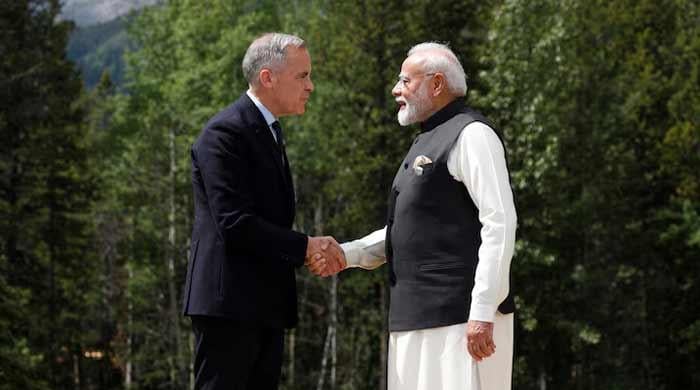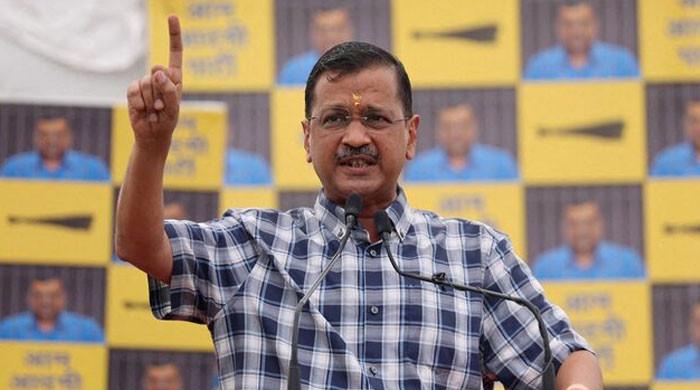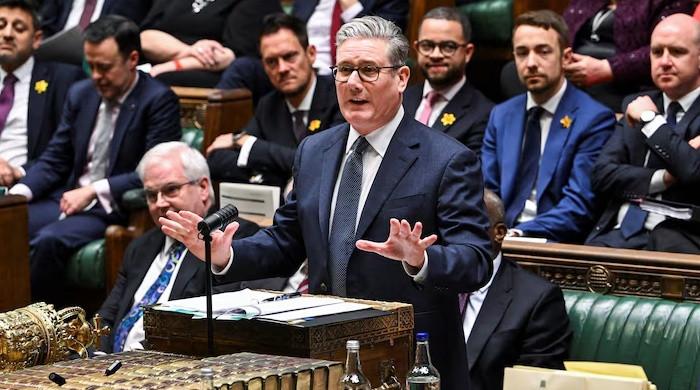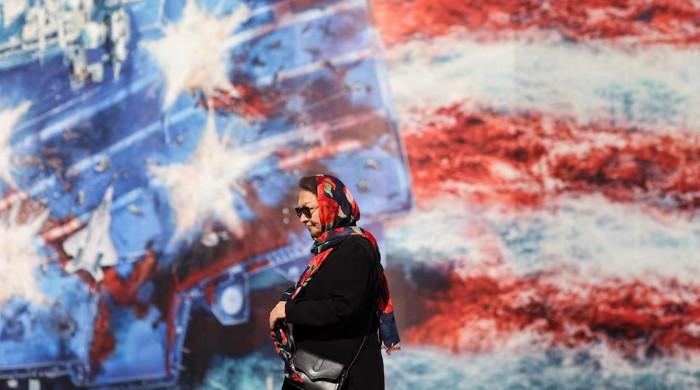TikTok ban: China welcomes Pakistan decision to unblock video-sharing app
China has always maintained that the companies operating overseas should strictly abide by local rules, says Zhao Lijian
October 21, 2020
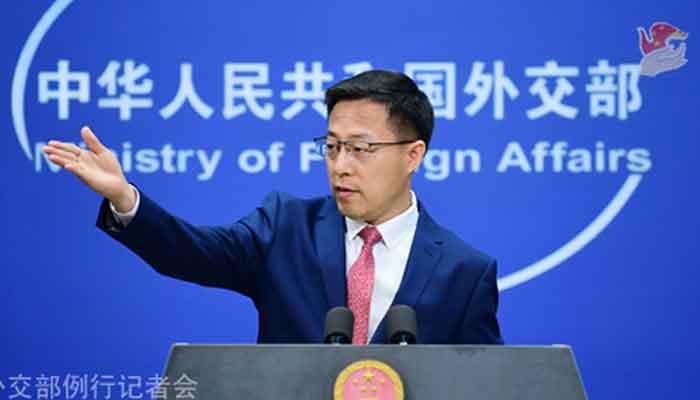
BEIJING: China on Wednesday welcomed Pakistan's decision to lift the ban from the Chinese video-sharing application TikTok after receiving the guarantee that the company would block all accounts involved in promoting provocative content repeatedly.
Chinese Foreign Ministry’s Spokesperson Zhao Lijian, during his regular briefing, said: “We have noted the relevant report. The Chinese government always maintains the companies operating overseas should strictly abide by international law and local rules."
He said these companies should fully respect local customs, practice, and their religion, adding: “We glad that two sides can properly deal with the relevant issue through amicable solutions.”
Read more: TikTok says it is 'very pleased' that ban has been overturned, services restored in Pakistan
The Pakistan Telecommunication Authority (PTA) had lifted the ban on popular social media app TikTok earlier this week after the company vowed to block all accounts involved in spreading “obscenity and immorality”.
The move came some 10 days after the authority blocked Tik Tok for failing to block “immoral and indecent” content.
“TikTok has agreed to moderate accounts in accordance with local laws,” a PTA spokesperson had said, adding that the app has some 20 million monthly active users in the country.
Read more: Exclusive — TikTokers angry, devastated; call TikTok ban a blow to creative freedoms
TikTok was the third most-downloaded app in Pakistan over the past 12 months, behind WhatsApp and Facebook, according to analytics firm SensorTower.
PTA had said it was open to discussions with TikTok if the company was willing to moderate unlawful content.
TikTok, owned by China-based ByteDance, has become hugely popular in a short period of time, by encouraging young users to post brief videos.
However, the app has been mired in controversy in a number of countries, with authorities raising privacy concerns and security fears.





